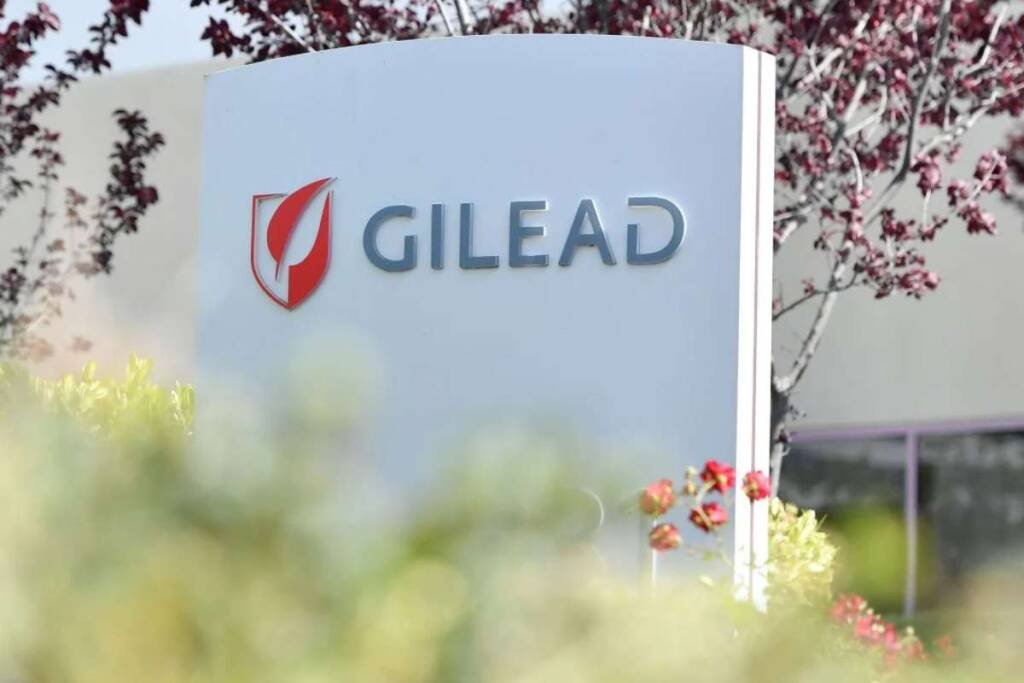One month after Gilead Sciences made public its decision to halt a myelodysplastic syndromes (MDS) program centered around magrolimab, the same molecule has encountered another setback. The FDA has issued a partial clinical hold on magrolimab’s Phase 3 trials for acute myeloid leukemia (AML).
In a succinct press release, the California-based pharmaceutical company shared the news of the FDA’s action without disclosing the specific concerns prompting the regulatory move. The hold effectively prevents the initiation of new patients in the US based locations for magrolimab’s AML studies, as well as for the expanded access program. Notably, patients who are already enrolled in these studies will continue to receive treatment as outlined in the study protocol.
Magrolimab, a monoclonal antibody targeting CD47, was being evaluated in pivotal trials: the ENHANCE-2 study for AML with TP53 mutations, and the ENHANCE-3 study for first-line, unfit AML.
Gilead has communicated the FDA’s actions to regulatory authorities worldwide and the investigators involved in the clinical trials. While the AML program is temporarily halted, Gilead clarified that its solid tumor program remains unaffected. The company is actively collaborating with regulatory bodies to address concerns and determine the necessary steps to lift the hold and resume enrollment.
This development arrives a month after Gilead’s announcement of discontinuing studies involving MDS for the CD47 asset. This asset came under Gilead’s umbrella through its acquisition of Forty Seven for $4.9 billion. The decision to terminate the late-stage MDS study was attributed to futility after assessing Phase 3 data.
Magrolimab, designed to inhibit the CD47 protein that fuels tumor growth, has faced its share of challenges since becoming part of Gilead’s portfolio. It was previously put on hold for four months in 2022 due to imbalances in adverse reactions within study arms. Although the FDA lifted the holds on AML and MDS studies in April 2022, the programs for lymphoma and multiple myeloma remained on hold for several additional months. Gilead reiterated its confidence in the therapy’s safety profile when the initial hold was lifted.
“Our confidence in the risk-benefit profile of magrolimab has been unwavering, and we continue to believe in the potential for this treatment to address the unmet medical needs faced by people living with MDS and AML. This is a significant milestone for Gilead and, more importantly, for patients diagnosed with these cancers. We look forward to continuing our work developing magrolimab and advancing this potential cancer treatment option.”
– Merdad Parsey, MD, PhD, Chief Medical Officer, Gilead Sciences
While magrolimab’s journey has been marked by hurdles, Gilead’s determination to navigate these challenges and its commitment to advancing transformative treatments remain evident. As the company engages with regulators to address concerns and pave the way for continued research, the ultimate goal of improving patient outcomes remains steadfast.





























